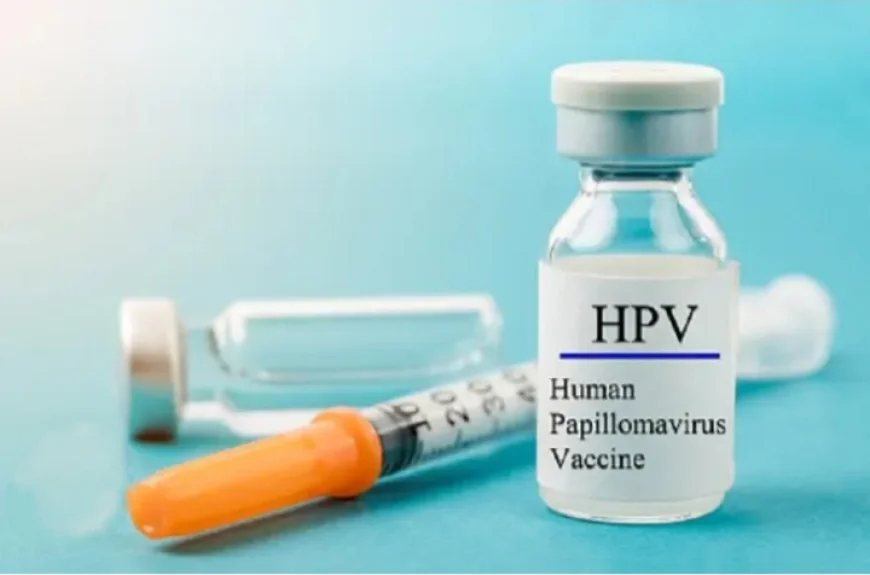Ghana rolls out HPV vaccine to shield girls from cervical cancer
Ghana Introduces HPV Vaccine to Protect Young Girls from Cervical Cancer

Ghana has officially rolled out the Human Papillomavirus (HPV) vaccine as part of its routine immunisation programme, joining more than 140 countries globally—28 of them in Africa—in a bold step to curb cervical cancer among women.
The vaccine will be administered to girls aged 9 to 14, a critical age group identified for maximum protection before potential exposure to the virus. This national inclusion marks a major milestone in Ghana’s public health efforts to tackle cervical cancer, the fourth most common cancer affecting women worldwide.
Health experts have hailed the move as a life-saving intervention. Cervical cancer accounts for over 600,000 new cases globally each year, with a significant number of deaths occurring in low- and middle-income countries, including those in sub-Saharan Africa. Early vaccination is widely recognised as the most effective tool in preventing HPV-related cancers.
Ghana now joins African nations such as Rwanda, Nigeria, Kenya, Ethiopia, Malawi, Mozambique, Zimbabwe, Cameroon, and Ivory Coast that have already integrated the HPV vaccine into their national immunisation schedules. These countries are part of a growing continental effort to eliminate cervical cancer as a public health threat.
“This is a major leap forward for our healthcare system and, most importantly, for the health and future of our girls,” a spokesperson from the Ghana Health Service stated. “By providing this vaccine free of charge as part of routine immunisation, we are reducing the long-term burden of cervical cancer and increasing the chances of survival and quality of life for Ghanaian women.”
The initiative is also aligned with the World Health Organization’s global strategy to eliminate cervical cancer by achieving 90% HPV vaccine coverage among girls by age 15, alongside increased screening and treatment access.
Parents are encouraged to ensure their eligible daughters receive the full dose of the vaccine through schools and designated health centres across the country. Public education campaigns are already underway to raise awareness and dispel myths surrounding the vaccine.
Health authorities have reaffirmed their commitment to sustaining this programme and monitoring its impact on cervical cancer rates over the coming years.


